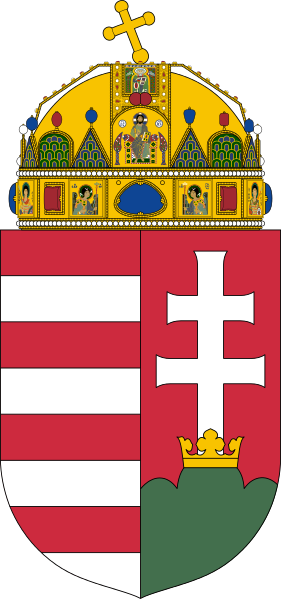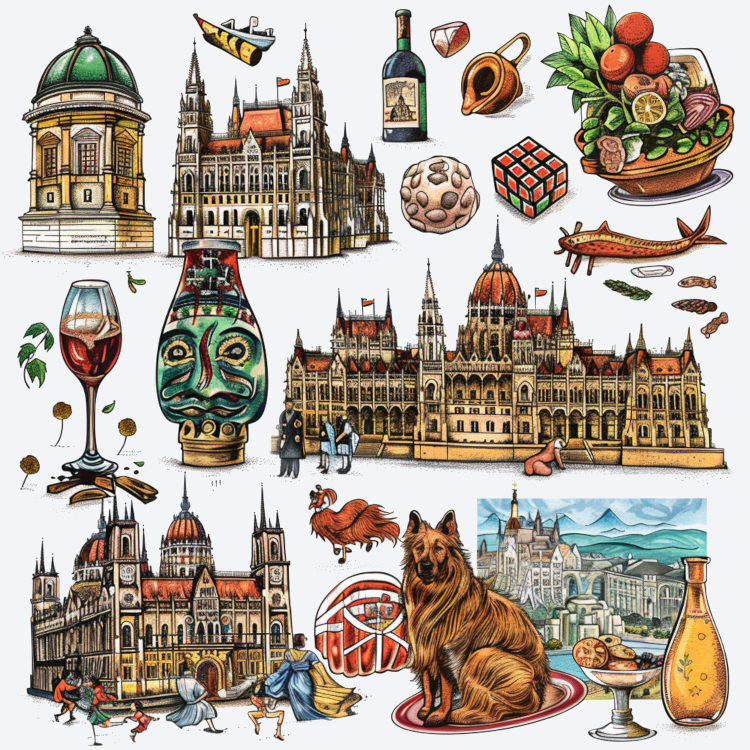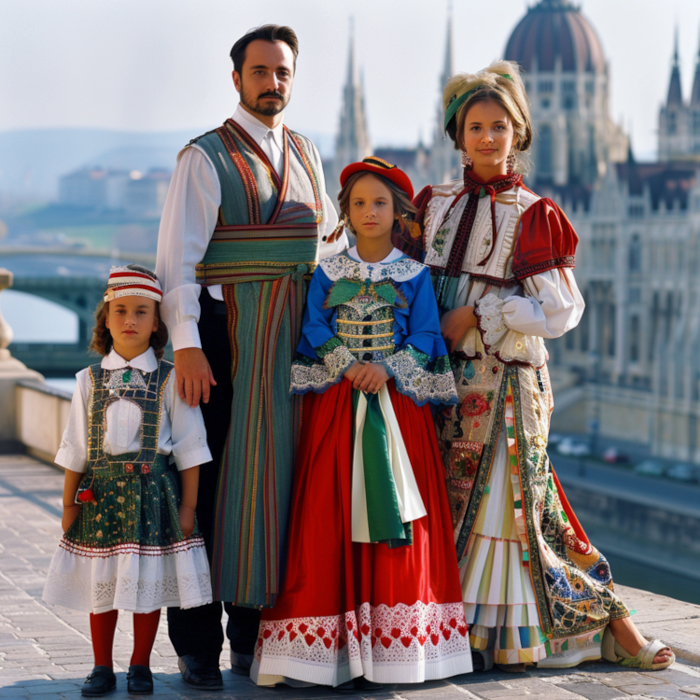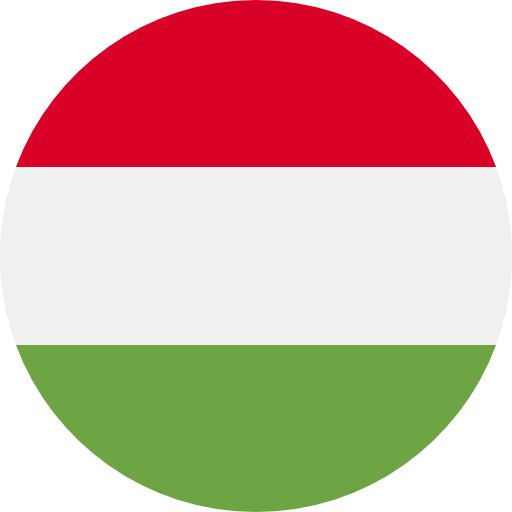About HU

Hungary is a landlocked country located in Central Europe. Here are some basic facts about Hungary:
Population: As of 2021, the population of Hungary is estimated to be around 9.7 million people.
Language: The official language of Hungary is Hungarian, which is a Finno-Ugric language. English and German are also widely spoken.
Currency: The official currency of Hungary is the Hungarian Forint (HUF).
Government: Hungary is a parliamentary representative democratic republic. The President of Hungary is the head of state, and the Prime Minister is the head of government.
Economy: Hungary has a mixed economy that is heavily reliant on exports, particularly in the automotive industry. The country also has a well-developed services sector, including tourism and financial services.
Geography: Hungary covers an area of approximately 93,000 square kilometers, making it the 108th largest country in the world. The country is landlocked, with its borders touching Austria, Slovakia, Ukraine, Romania, Serbia, Croatia, and Slovenia.
Climate: Hungary has a continental climate with hot summers and cold winters. The country experiences frequent changes in weather patterns, and precipitation is evenly distributed throughout the year.
Culture: Hungary has a rich cultural heritage, with a strong tradition of music, literature, and art. The country is also known for its cuisine, which includes dishes such as goulash, paprika chicken, and chimney cake. Hungary is home to numerous festivals and cultural events throughout the year, including the Budapest Wine Festival, the Budapest Opera Ball, and the Sziget Festival.

National Culture Objects
Hungarian Parliament Building
The Hungarian Parliament Building in Budapest is an architectural masterpiece and one of the largest parliament buildings in the world. It symbolizes Hungary's political history and architectural grandeur.
Paprika
Paprika is a staple spice in Hungarian cuisine, used in many traditional dishes like goulash. It symbolizes Hungary's rich culinary traditions and agricultural heritage.
Tokaji Wine
Tokaji wine, often called the "Wine of Kings," is a renowned Hungarian dessert wine. It represents Hungary's long-standing viticultural traditions and its reputation for producing high-quality wines.
Rubik's Cube
The Rubik's Cube, invented by Hungarian architect Ernő Rubik, is a world-famous puzzle toy. It symbolizes Hungarian ingenuity, creativity, and contributions to global popular culture.
Puli Dog
The Puli is a distinctive Hungarian dog breed known for its long, corded coat. It represents Hungary's pastoral traditions and the country's unique contributions to dog breeding.
Csárdás
Csárdás is a traditional Hungarian folk dance characterized by its vibrant, energetic movements. It symbolizes Hungary's rich musical and dance traditions, reflecting the country's cultural heritage.
Thermal Baths
Hungary is famous for its thermal baths, particularly in Budapest. These baths symbolize the country's natural geothermal resources and the tradition of wellness and relaxation that dates back to Roman times.

The national anthem of Hungary is called "Himnusz," which means "Anthem" in English. The lyrics were written by Ferenc Kölcsey in 1823, and the music was composed by Ferenc Erkel in 1844. "Himnusz" was officially adopted as the national anthem of Hungary in 1844.
Here are the Hungarian lyrics of the national anthem:
Isten, áldd meg a magyart
Jó kedvvel, bőséggel,
Nyújts feléje védő kart,
Ha küzd ellenséggel;
Bal sors akit régen tép,
Hozz rá víg esztendőt,
Megbűnhődte már e nép
A múltat s jövendőt!
Őseinket felhozád
Kárpát szent bércére,
Általad nyert szép hazát
Bendegúznak vére.
S merre zúgnak habjai
Tiszának, Dunának,
Árpád hős magzatjai
Felvirágozának.
Egy a vére, egy az érzelem,
Szívvel-lélekkel
Egy a hangja, mint a szélben
Zúgó erdőfelé.
Itt a vége! The végzet
Dicsőséges vagy s bús.
A magyar itéletnapra
Felkészülni már muszáj.
And here is an English translation of the Hungarian national anthem:
God bless the Hungarians
With good cheer, abundance,
Extend over it a protecting arm
When it fights with enemies;
Long torn by ill fate,
Bring upon it a time of relief,
They who have suffered for all sins
Committed in the past and in the future.
You brought our ancestors
To the Carpathian Mountains,
By your grace a beautiful homeland
Was obtained for Bendegúz's heirs.
Where the waters rage with foam
At the Danube, at the Tisza,
Árpád's brave soldiers
Blossomed forth like thousands of flowers.
One is their blood, one is their spirit,
In all of them one voice resounds,
Like the rustling of the wind in the trees,
Like the waves upon the shore.
This is the end! This is the decree
Glory to the brave, death to the oppressor!
From this Hungarian judgment there is no escape,
Prepare thyself, Hungarian, for the grave!


